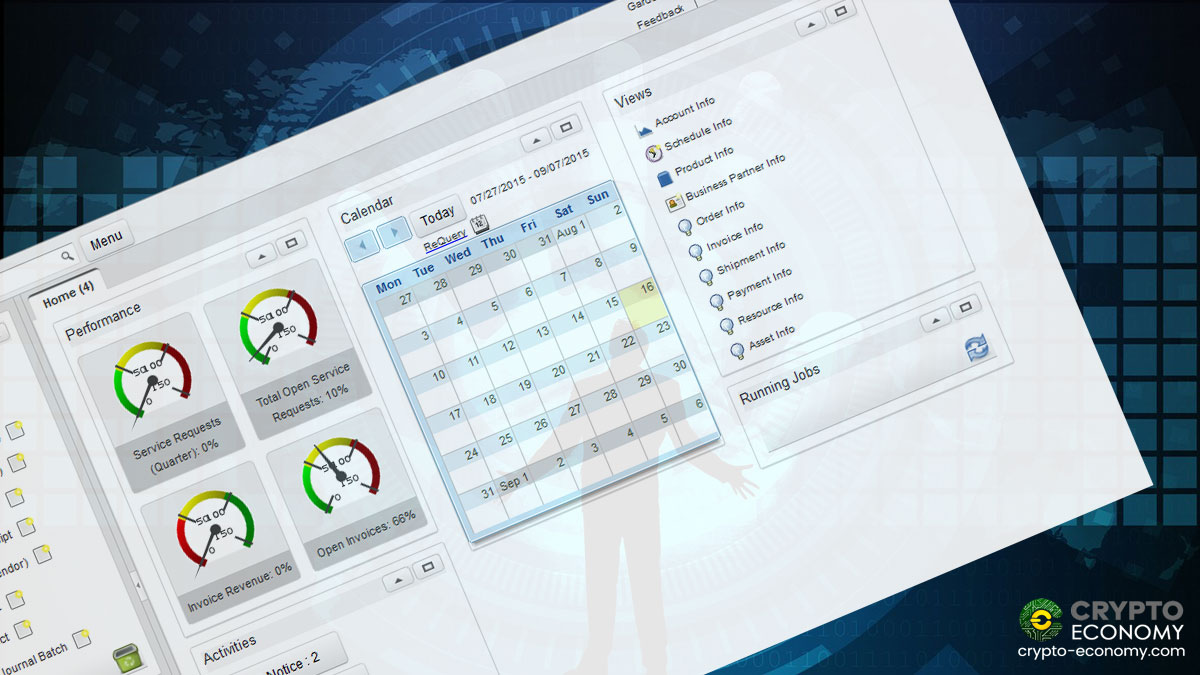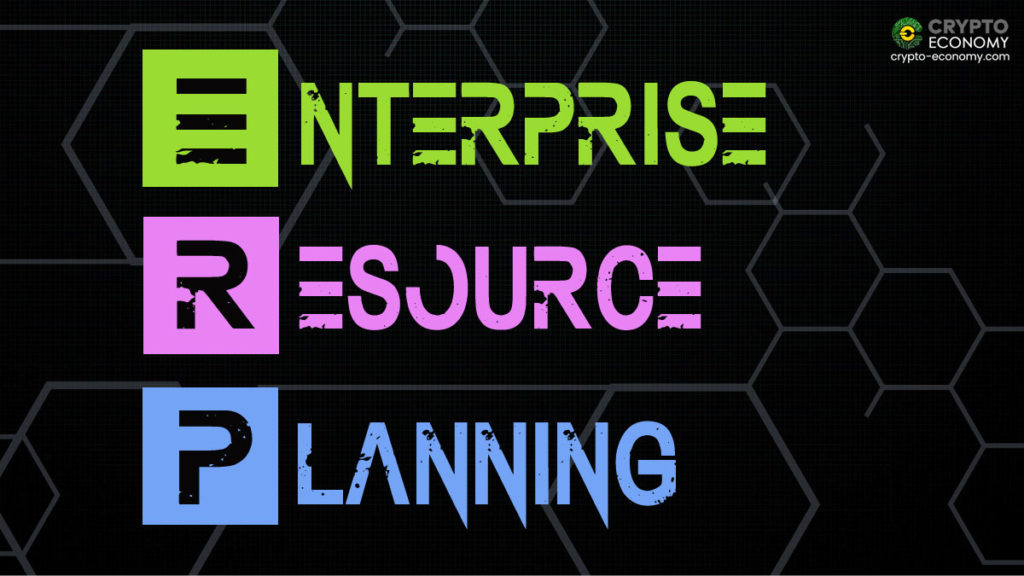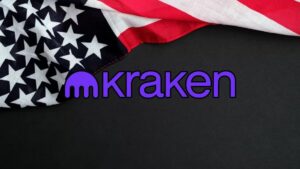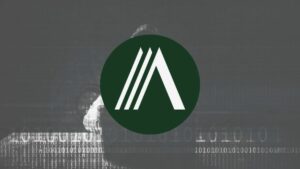I am sure you would have heard someone say that the solution to every technological issue or problem with banking, investing, and even cryptocurrency is Blockchain.
Everybody believes that the new kid on the block, blockchain, would help solve every problem that is technologically related. The word is bandied around like some healing ointment that when sprinkled on any tech issue, then the problem is resolved.
Many have even touted that Blockchain could go on to replace the hugely popular and a system as efficient as the ERP system.
Today, we are going to seek to understand how ERP systems and Blockchain work. And we would also be looking at the possibility of how the integration of Blockchain could help the ERP system.
What is Blockchain?
If you are quite familiar with the crypto industry, then one of the terms you must be quite familiar with is Blockchain.
Blockchain operates in the way we understand the workings of a “block” and a “chain” to be. But, in the context of its usage in technology, “block” literally deals with information while the “chain” acts as the database. Put together; they mean “information stored on a database.”
Now, imagine a public database that, at the same time, records information in a way that it is almost impossible for you to either game the system, or hack the system, or even cheat the system. Sounds intriguing, right? Exactly, that is how Blockchain operates.
In simple terms, Blockchain operates as a system that is evenly spread out (decentralized). Carries the record of all digital transactions that are done on its network. And distributes this information to all computers that may be operating on its platform.
For want of a definition, let’s say Blockchain is a digital system that records information on its database in a way that makes it difficult and almost impossible for the stored information to be tampered with.
Essentially, “blocks” contain information like the date, time, value, a unique username for the parties involved in the transaction, and a unique code that helps differentiate each block.
When this information is stored on the Blockchain, it becomes widely available for the public to view.
Understanding ERP Systems

Enterprise Resource Planning (ERP), is a system many organizations use to manage and integrate their business’s essential parts.
Organizations usually find this system invaluable as it allows them to integrate all the essential components of running their business in one single system.
This ERP system allows the business to carry out functions like sales, marketing, human resources, inventory, and a host of other duties.
Over the years, this ERP system has evolved to become web-based and allows many users to have access to their applications remotely.
How can Public Blockchain help ERP systems?
Blockchain, no doubt, has disrupted how many industries work. Industries like banking, governance, supply chain, etc. have had their business models altered by Blockchain.
Considering the efficiency and ease of use these industries have seen, many have requested that Blockchain replace ERP. Some have even gone ahead to label the system as obsolete with the rate at which the digital world has evolved.
Truth is ERP has some deficiencies that Blockchain could help improve on. We would discuss some of the deficiencies and how Blockchain can help improve it below:
-
Blockchain can help improve transparency
One of the rods used to beat ERP these days is the level of processes and the number of complications that arises when using the system. The graphics used in the system can be laborious, challenging, and very difficult to fathom its functionality.
This has made the system unattractive to some businesses.
However, if Blockchain becomes integrated with the system, it would ensure very high transparency and visibility of its core functions. Using Blockchain will enable businesses to be able to track all of their activities in real-time.
For instance, if Blockchain is integrated into the ERP of a business running a supply business, the company can use the blockchain features to record its products and know its quality and locations all through the period the product might be in transit.
-
Authentication
Blockchain can be integrated into ERPs to carry out the authentication processes of the system. Usually, before you can access the ERP system, you are expected to have the login details and other relevant information that can allow you to access the platform. If this information falls in the wrong hand or into the hands of your business competitors, then the dealings of your business and your activities would become compromised..
However, if Blockchain is integrated with ERPs, features like biometric authentication and a multi-factor authentication process can keep out unwanted people from the ERP platform.
This feature would allow the business to authenticate their workers at every point during their work hours, and they can have the assurance that the right individuals have access to the right level of information.
Businesses can also use this to authenticate their customers, which in the long run can help them to tailor their services and products to the customers’ preferences.

Automated processes and less risk on transactions
With Blockchain, businesses can ensure that all of their digital transactions come with little to no risk.
Though some ERP systems can offer transactions to their users, the security level in it can not be compared to the one that would become available to it if Blockchain is integrated with the platform.
ERP has had past issues of hackers targeting their centralized database and hacking a transaction; Blockchain and its features would stop this scenario ever happening again.
Not only that, blockchain integrations would be coming with smart contracts that can be programmed to automate transactions once a set of rules that the system administrator (business) might have decided.
The moment the rules are met, one can automate the contract to initiate automatically and carry out such transactions.
In conclusion, integrating blockchain into ERP systems would help to rapidly develop the system and enable it to carry out functions one think was impossible with it before.
If you found this article interesting, here you can find more Blockchain and cryptocurrency news









